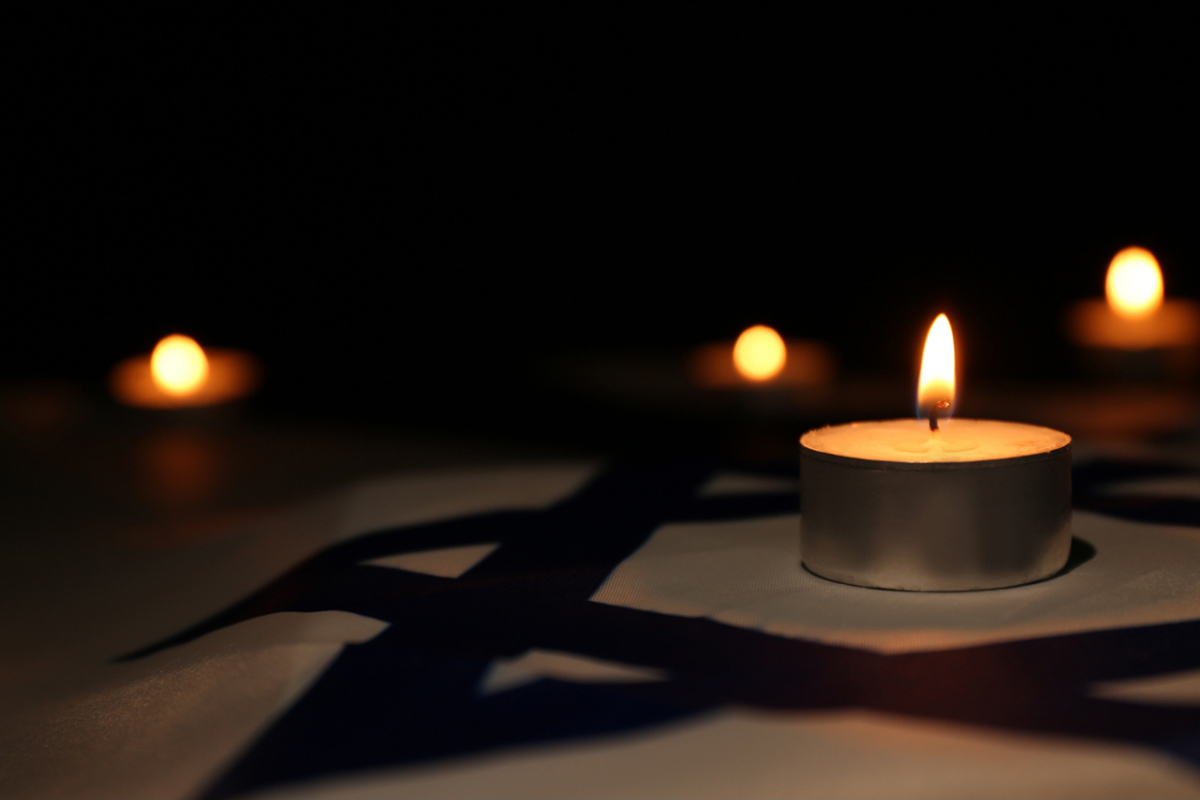Never Again: Remembering the Holocaust
January 26by Monica Islam
There are no better people in the world than the Jews and why Hitler doesn’t think so is a mystery to me. They contribute to every society they live in, and most of all, they are a deeply religious people.
Miss Gates in To Kill a Mocking Bird by Harper Lee
Did you know a Bangladeshi sympathizer of Israel and Jews was arrested in 2003 before he could board a flight to attend an anti-militancy conference with the Hebrew Writers Association in Tel Aviv, Israel? Salah Uddin Shoaib Choudhury, the editor of a weekly newspaper in Bangladesh, faced just that and more. In 2015, he was sentenced to seven years of imprisonment for trying to visit Israel.
More recently, in 2017, a British-Bangladeshi doctor was exiled for being the first from his country to visit Israel. Bangladesh is one of about 30 countries which bans its citizens from travelling to Israel and does not accept Israeli passports. The Bangladeshi passport is valid in all countries, except Israel. Although the clause “except Israel” was dropped from Bangladesh’s new e-passport, the government has announced that there is no change in its foreign policy towards Israel and legal action will be taken against any citizen who tries to visit that country.
In 2017, I wrote about how Bangladesh is not interested in fostering dialogue with anything even minutely Jewish. However, there is a glimmer of hope – if Bangladeshis observe a day – as the United Nations General Assembly designated one day, only one day at least, for every member state to honour the lives lost during the Holocaust, as well as to develop educational programs that will help prevent future genocides and anti-Semitic discrimination.
January 27 marks the International Day of Commemoration in the Memory of the Victims of the Holocaust. According to Britannica, Holocaust (known as Catastrophe in Hebrew and Destruction in Yiddish) is defined as the systematic state-sponsored murder of six million Jewish souls and millions of others by the Nazi government in Germany during the Second World War.
The word “genocide” itself was coined following the Holocaust. According to the United Nations, “genocide means any of the following acts committed with intent to destroy, in whole or in part, a national, ethnical, racial or religious group:
- Killing members of the group;
- Causing serious bodily or mental harm to members of the group;
- Deliberately inflicting on the group conditions of life calculated to bring about its physical destruction in whole or in part;
- Imposing measures intended to prevent births within the group;
- Forcibly transferring children of the group to another group.”
Bangladesh too faced genocide 50 years ago. In fact, the 1971 Liberation War witnessed the genocide of about 500,000 people (according to independent researchers), making it one of the most brutal genocides ever in the history of mankind. Yet, Bangladesh fails to recognize the state of Israel, even though the latter recognized Bangladesh immediately after the former’s independence. Jewish army leader J.F.R. Jacob supported Bangladesh militarily too. In contrary, even more unfortunate is the fact that the Jewish community did not have access to arms and were ambushed by native anti-Semitic populations. The Jews were crippled by disease, malnutrition, hunger and poverty, way before the first bullet was fired.
The Holocaust bears resemblance to many other atrocities committed in the name of religion, assimilation, and migration. For instance, as a Muslim-majority nation, Bangladesh must recognize the Holocaust if it wants Guantanamo Bay to be shut down. Both circumstances resulted in inhuman prison conditions. In another instance, Bangladesh has been benevolent to the influx of Rohingya refugees. Why not extend a similar hand of friendship to the Jews? The 9/11 attacks are remembered with a strong pledge that such terrorist attacks are not to be repeated. Similarly, persecuted Jews are believed to have said: “Never again!”
The Holocaust is a matter of concern for many segments of the population. Homosexual men, physically disabled citizens, non-Jewish Poles, and members of Jehovah’s Witness were targeted too. As a result, most of the rescuers felt bound to the cause by a single thread of humanity. Even Christians, who are often blamed for being anti-Semites, came forward to assist the dwindling Jews. Jews are also mentioned in the Quran as “People of the Book.” According to the book named The Silk Roads authored by Peter Frankopan, “the support of the Jews in the Middle East was vital for the propagation and spread of the word of Muhammad.” Yathrib (now Medina) was a Jewish city, and its Jewish leaders pledged their support to the Muslims in return for mutual defence against any attacks on the Jewish community.
Anti-Semites often accuse Jews of being cunning and of opting for “world domination.” In reality, Jews are a minority with no intention of proselytizing others. According to British Broadcasting Corporation (BBC), “Judaism is not a missionary faith and so doesn’t actively try to convert people.” Additionally, if Bangladesh supports the cause of Palestine, it must first recognize the state of Israel. How can one state oppose another without even recognizing it? I believe that a state that does not exist cannot be held accountable or guided towards peace. In a truly democratic nation, for example India, both sides (for Israel and against it) should be able to participate.
On January 27 every year, it is appropriate for Bangladesh to express interest in showcasing the Jewish heritage and the horrors of the Holocaust, if not recognize the state of Israel. Furthermore, our persecution of Jews has given rise to a bully, a monstrous Israel (as opposed to a peaceful one), which is currently committing genocide of a similar kind on the Palestinians. History is repeating itself and Israel is the perpetrator. The bullied has now become the bully. This year, we also want Israel to exemplify non-violent, anti-militarist leadership, and to end another Holocaust in the making, the feeling of which the Jews were all too aware of in the past.






